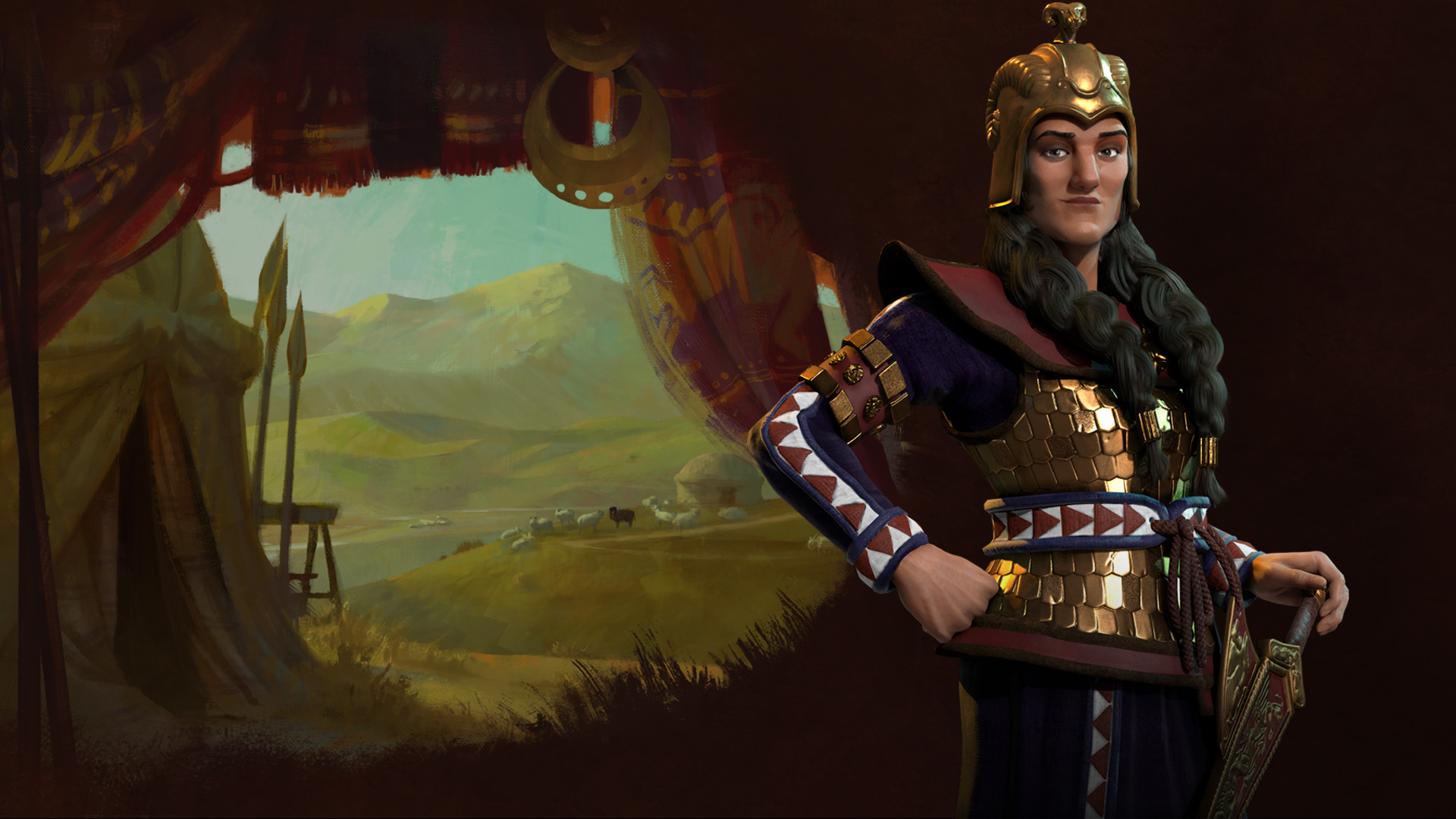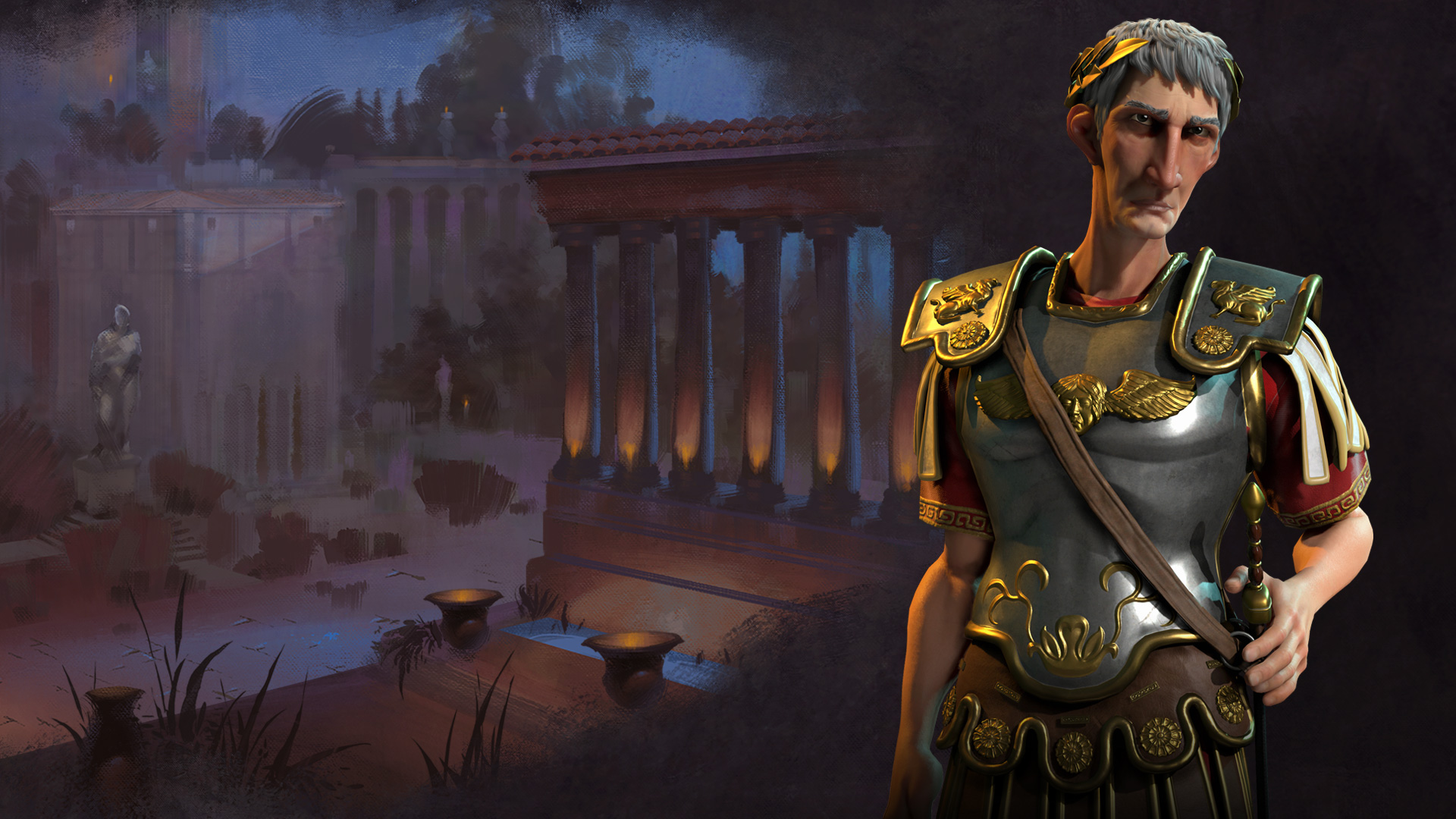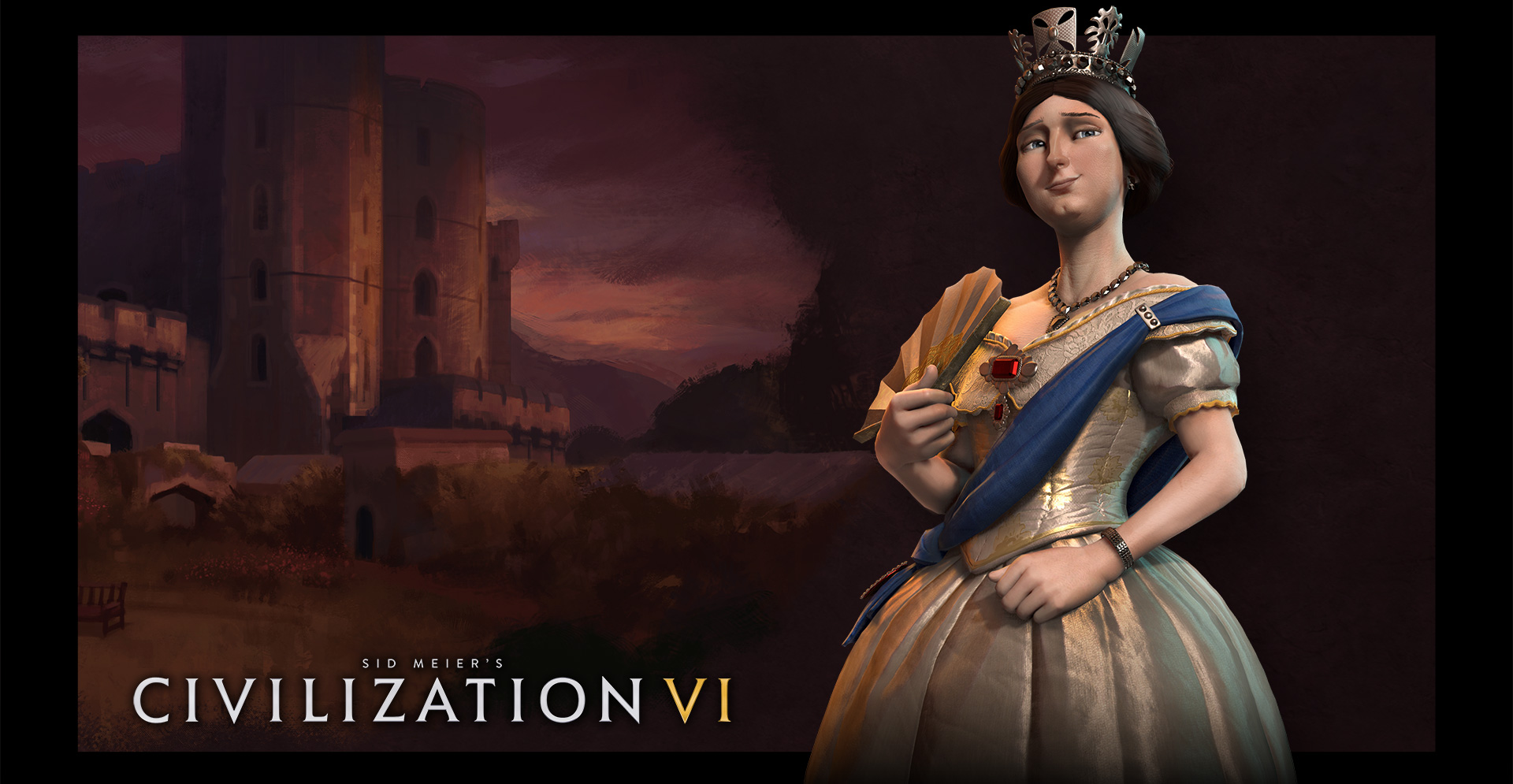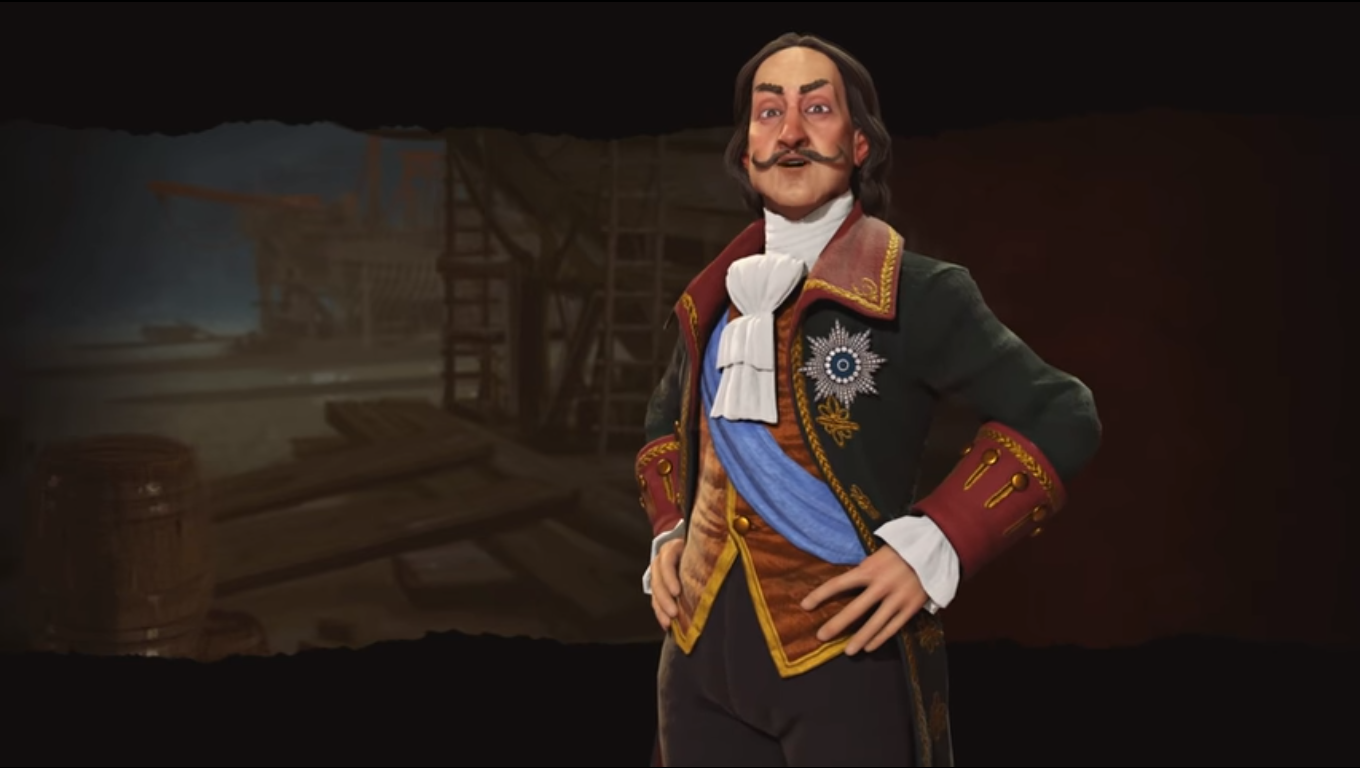Keep up to date with the most important stories and the best deals, as picked by the PC Gamer team.
You are now subscribed
Your newsletter sign-up was successful
Want to add more newsletters?

Every Friday
GamesRadar+
Your weekly update on everything you could ever want to know about the games you already love, games we know you're going to love in the near future, and tales from the communities that surround them.

Every Thursday
GTA 6 O'clock
Our special GTA 6 newsletter, with breaking news, insider info, and rumor analysis from the award-winning GTA 6 O'clock experts.

Every Friday
Knowledge
From the creators of Edge: A weekly videogame industry newsletter with analysis from expert writers, guidance from professionals, and insight into what's on the horizon.

Every Thursday
The Setup
Hardware nerds unite, sign up to our free tech newsletter for a weekly digest of the hottest new tech, the latest gadgets on the test bench, and much more.

Every Wednesday
Switch 2 Spotlight
Sign up to our new Switch 2 newsletter, where we bring you the latest talking points on Nintendo's new console each week, bring you up to date on the news, and recommend what games to play.

Every Saturday
The Watchlist
Subscribe for a weekly digest of the movie and TV news that matters, direct to your inbox. From first-look trailers, interviews, reviews and explainers, we've got you covered.

Once a month
SFX
Get sneak previews, exclusive competitions and details of special events each month!
FRANCE / EGYPT / GERMANY • INDIA / SUMERIA / NORWAY • JAPAN / AZTECS / KONGO • BRAZIL / GREECE / SPAIN • CHINA / ARABIA / AMERICA • SCYTHIA / ROME / ENGLAND / RUSSIA
TOMYRIS (SCYTHIA)
Bonuses
- Combat units do more damage when attacking a wounded enemy, and regain up to half of their health when they land a killing blow. (This encourages a type of tactic called the feigned retreat that was actually used by the Scythians and other steppe people.)
- Receives an extra, free light cavalry or horse archer unit each time they train one normally
- Saka Horse Archer: A fast, early-game ranged cavalry unit perfect for taking advantage of Tomyris’ ability
- Kurgan improvement: Must be built on flat land, generates faith and gold
Who was she?
Remember that long list of leaders who weren’t really the leader of their respective Civ 6 faction? Add Tomyris to that list—though in this case, mostly because the Scythians were never really a unified people. She was actually the queen of the Massagetae, who were one of many nomadic, Scythian confederations. We have probably the least info on her of any Civ 6 leader, but she is best known for leading her mounted armies to defeat and (by some accounts) kill the Achaemenid Persian Emperor, Cyrus the Great, ending his expansion into the steppe lands.
Strategy
I think Scythia is my favorite civ I’ve tried so far. The sorts of cavalry tactics you can make use of in the early game allow you to take on armies of nearly indefinite size with just a handful of hoofbeats. Dominating the map with a small, highly efficient, highly resilient army is entirely possible if you’re careful and crafty. Kurgans can bolster your economy if you find you need a few more Saka archers on your payroll to deal with an especially militant neighbor, and pillaging is a great source of quick cash. Domination is the obvious path to Scythian supremacy, but religion is also possible.
TRAJAN (ROME)
Bonuses
- Gain a free building (usually a monument) in each new city founded
- Gain a free trading post in every city, and a free road to the capital if the new city is close enough and not overseas
- Legion: A Classical era melee unit with higher combat strength and the ability to build roads and forts, but also higher upkeep costs
- Baths: A unique district which functions like an aqueduct on steroids
Who was he?
Ruling from 98-117 CE, Trajan was one of the 'Five Good Emperors' of Rome. He oversaw the empire reaching its greatest territorial extent (and he should be familiar to genre veterans, as restoring “Trajan’s borders” is an achievement in multiple strategy games). In his lifetime, Rome’s influence stretched from what is today Northern England to the shores of the Persian Gulf, and included the largest fraction of the earth’s total population and economic output of any political entity in history.
Strategy
Rome is the ultimate 'Build Wide, Not Tall' civ. You want to found a lot of cities quickly, and never stop expanding your territory throughout the game by means of settlement and/or conquest. The free monument and trade post you get in each new city means that this sprawling playstyle won’t slow down your progression through the Civics tree, transport between the corners of your empire will be relatively painless, and you’ll have a strong income to support your legions. Culture victory is definitely in Trajan’s wheelhouse, but Rome is built for conquest. Take advantage of the legions while they’re still in vogue to push your borders far and wide, then prepare for a slog to the endgame on the backs of your flourishing urbes.
VICTORIA (ENGLAND)
Bonuses
- Gains a free infantry unit of the current era in each city founded on another continent
- Redcoat: A Renaissance infantry unit with a large bonus to combat strength when fighting on continents other than England’s home continent
- Can train extra archaeologists and house extra artifacts at museums
- Sea Dog: A superior variant of the Privateer, a stealthy naval unit that can capture enemy ships
- Royal Navy Dockyard district: A replacement for the harbor that grants bonus movement to naval units built there, bonus gold if built on another continent, increases trade route capacity, and allows land units to embark/disembark from its tile with no movement cost
Who was she?
Queen Victoria ruled over the British Empire at its height, from 1837 to 1901. So significant were her contributions and the dominance of her empire that this period is often called the Victorian era, not only in reference to British history, but world history in general. Under Victoria, the Empire underwent an industrial revolution, expanded its global territory in Africa, Asia, and the Pacific, and became for a time the undisputed superpower on the world stage.
Strategy
Whichever victory you set your sights on, the voyage to it will probably lead you across the sea. While France and America are geared toward supremacy on their home continents, England, like Spain, really kicks into high gear with overseas colonization and asserting her authority over the oceans. Domination victory is probably the most obvious and straightforward route to follow, but don’t discount the potency of English archaeology. With a bit of planning, you can pull ahead swiftly and decisively in the late game culture race.
Keep up to date with the most important stories and the best deals, as picked by the PC Gamer team.
PETER THE GREAT (RUSSIA)
Bonuses
- Newly-founded cities start with more tiles
- Bonus faith and production from tundra
- Trade routes with other civs provide bonus science if they're adead of you in tech, and bonus culture if they're ahead of you in civics
- Cossack: A gunpowder cavalry unit with better stats and the ability to move after attacking
- Lavra improvement: Expending a great person in a city with one of these also adds territory to the city
Who was he?
Peter the great is largely responsible for shaping Russia into a modern superpower that could compete with its Western European rivals. He took a tour around the continent in 1697 and brought the ideas of the Enlightenment back to his people, catalyzing a shift into the European cultural sphere and improving its governmental institutions. Unfortunately, he also demanded that all the nobility to shave off their beards to mimic the fashion of the westerners, imposing a harsh beard tax on any who refused. This deserves to be viewed as a tragedy, as the beards of medieval Russian noblemen were pretty epic.
Strategies
Religion is a pretty strong option, but the bonus to production you get from tundra will allow you a lot of flexibility in deciding which path to follow—especially considering your cities will be able to grab a lot of frigid earth quickly. You'll have a massive edge in early game industrial ability as long as you can manage to keep your population growing in the cold climes Russia prefers. You can afford to slack on science and culture as long as you keep a couple of your neighbors happy with you, skimming off of their advancements through trade as the game goes on while your own cities focus on other things. The Cossack is an amazing harassment unit, and can enable some low-cost conquests if used wisely and tactically in the mid-game.
Len Hafer is a freelancer and lifelong PC gamer with a specialty in strategy, RPGs, horror, and survival games. A chance encounter with Warcraft 2: Tides of Darkness changed her life forever. Today, her favorites include the grand strategy games from Paradox Interactive like Crusader Kings and Europa Universalis, and thought-provoking, story-rich RPGs like Persona 5 and Disco Elysium. She also loves history, hiking in the mountains of Colorado, and heavy metal music.





